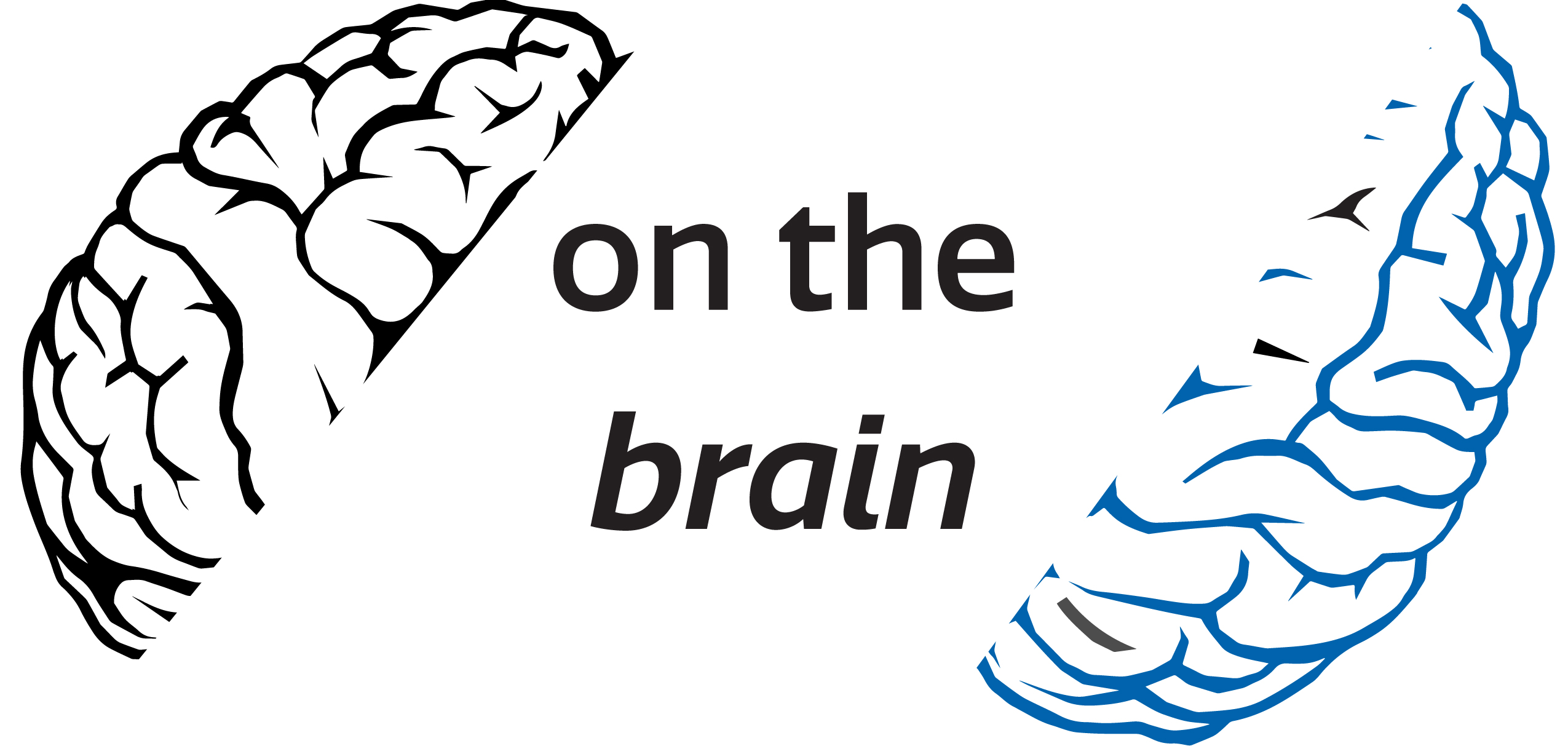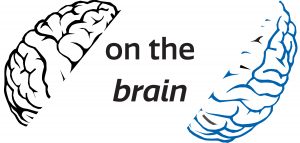Valentine’s Day festivities remind me of the (fairly accurate) cliché of the typical Georgetown club—desirable and enticing but exclusive, cliquey, and restricted to a select few lucky individuals. The look on the face of the sad freshman who stares longingly at Hoya Snaxa, lamenting his rejection from the glamorous life of swiping GoCards for $12.50 an hour, is strikingly similar to the melancholy gaze of a single girl buying herself chocolate from the overwhelmingly pink aisle of CVS on February 13.
Unlike other mainstream holidays such as Halloween, St. Patrick’s Day, and New Year’s Eve, Valentine’s Day is not for everyone to enjoy, despite its embrace by companies trying to sell all things red, fragrant, soft, or heart-shaped. If you are single, you are obviously excluded, but even if you have a love interest or some form of a romantic connection, you are also likely to be sidelined due to the connotations of seriousness and intensity that come with celebrating Valentine’s Day. The truth is, the premise of the holiday—that you are in a committed and defined relationship—includes a relatively small percentage of people in the 18-25 age range.
Thus forms a narrative of grass that is infinitely greener on the side of couples, especially on Valentine’s Day. Hopeful romantics spread Internet catchphrases like “#goals” to laud lovers who exhibit the heights of passionate gestures while defeated singles tweet sad, self-deprecating jokes to mourn the cuddles and teddy bears they will not be receiving. The resulting conclusion is that if you are part of the exclusive “happy and committed lovers club,” Valentine’s Day is the best day of all time, the pinnacle of life in a relationship.
But just as the grass is rarely actually greener on the other side, spending Valentine’s Day while in a relationship has great potential to be equally disappointing as it is for singles, simply as a result of how our brains function. The experience of receiving gifts and being treated to nice dinners is pleasant to us because of the hard work of multiple systems in our brain that process rewards and gratification. These reward networks not only make us feel good, but they also allow us to remember and later crave whatever it was that made us happy. One of the neural systems that mediates reward is the dopaminergic pathway, a network that processes the release of dopamine, a neurotransmitter responsible for excitement and pleasure.
If the beauty of Valentine’s Day while in a relationship is the presence of someone who can give you a beautiful bouquet, a dozen chocolates, or a ridiculously large teddy bear, then the realization of all of these wishes should invariably lead to your delight and happiness. And yet, unfortunately for everyone, the dopaminergic pathway has a different plan in mind. How much dopamine your brain releases, and therefore how much pleasure you feel, does not depend on the total number of roses or chocolates you get, but on the difference between what you got and what you expected. An unpredicted reward elicits an activation, a fully predicted reward elicits no response, and the omission of a predicted reward induces a depression. You could get a bouquet of 50 or 100 roses, but if you expected a Heath Ledger-esque serenade a la 10 Things I Hate About You, you will be disappointed. In fact, even if you giddily awaited a 50-rose bouquet the night before Valentine’s Day and that’s exactly what you got, your dopamine pathway will still be sorely unimpressed and unresponsive.
Of course, it doesn’t have to be that grim. If your expectations are not particularly high, then you will likely be pleasantly surprised. However, as a result of the extremely inflated portrayal of Valentine’s Day in pop culture and the intense commercialization of the holiday in the past few decades, it lends itself to unrealistically high expectations and subsequent letdowns. Movies like Valentine’s Day, which are virtually devoid of any substance beyond perpetuating an idealized image of the titular day, work hand in hand with jewelry companies, florists, chocolatiers, and dozens of other industries to burn a standardized image into our heads, encouraging us to both expect and consume as much as possible.
This image has been ingrained in us so deeply that even the way we think about things like chocolate and roses, which seem objectively and unchangeably positive, is dependent on the proximity of the holiday. A psychological study revealed that people consistently judged roses and chocolate more positively in the two weeks around Valentine’s Day.
The study called this “naturally occurring cultural priming,” indicating the organic nature of this influence, and thereby the difficulty of resisting it. As someone who thinks of herself as a critic of the extreme consumerism and materialism that permeates our society today, this feeling troubles me. As much as I would like to boycott Valentine’s Day and refuse all that it entails, I can’t imagine being content with the absence of sweets and romantic gestures when February 14 comes around.
Part of the reason I, and I’m sure many others, face this dilemma, is also neurally based. Many of the processes that dictate our liking and subsequent wanting of something are subcortical, meaning that they occur on a subconscious level. Before we even consciously make the decision to enjoy something, our brain has often already coded it as pleasurable and desirable. An example of this mechanism at work is drug addiction, where even if the person knows the drug is bad and consciously wants to avoid it, subcortical processes lead them to continue using it. Another, less extreme, example was proven in a study where people were more likely to want to drink and pay for a beverage as a result of subliminally presented pictures of happy faces.
It is scientifically inaccurate to equate drug addiction to culturally conditioned expectations and images of Valentine’s Day. If anything, the latter is a lot less dangerous, serious, and detrimental. It is also important to remember that conscious decisions do play a big role in our decisions and emotions, despite the ubiquitous products and messages that surround us. If you are single, I have provided you with some heavy artillery for Valentine’s Day criticism, so hopefully you’ll have less time to feel sad or jealous. If you’re in a relationship, you can now be absolutely confident that roses and chocolates are not the only viable or acceptable gift option—in fact, it might be better to go with something unexpected.
On the Brain is a tri-weekly column written by Lizz Pankova. This column combines neuroscience, important philosophical questions, and real life problems (related to Georgetown students) into articles that make scientific evidence accessible and applicable. On the Brain appears online every third Sunday.



